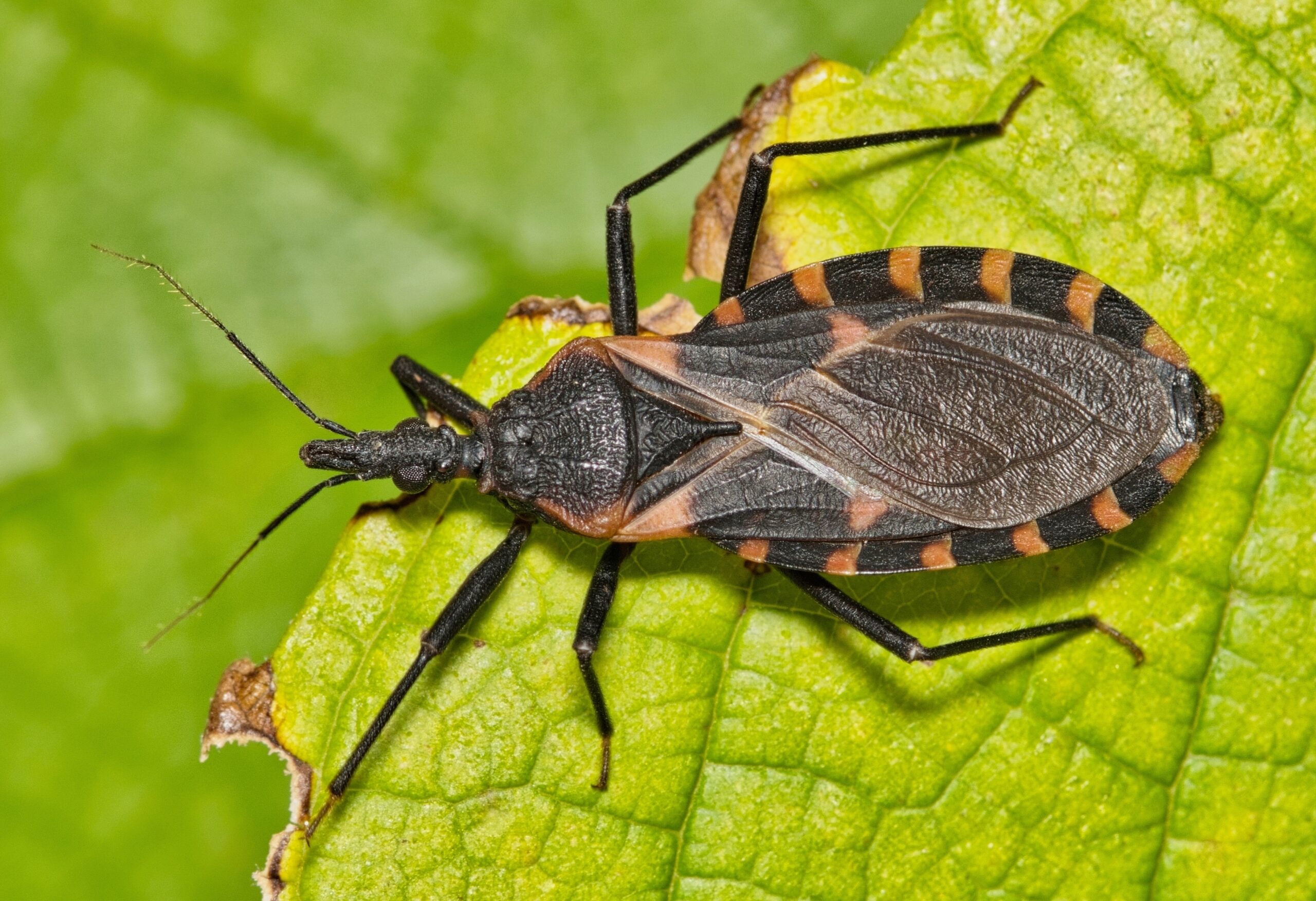The silent invasion of the Schistosoma mansoni parasite could revolutionize pain management, yet threatens to go unnoticed by millions.
Story Snapshot
- The Schistosoma mansoni parasite invades human skin by turning off the body’s pain and itch receptors.
- Researchers have identified molecules that suppress TRPV1+ sensory neurons, crucial for pain and itch perception.
- This discovery paves the way for developing non-opioid painkillers.
- The parasite’s stealthy invasion raises concerns about unnoticed infections in endemic regions.
Revolutionary Discovery in Parasite Behavior
The recent research conducted by the Tulane School of Medicine has uncovered a groundbreaking method by which the Schistosoma mansoni parasite invades human hosts without triggering the body’s natural pain alarm system. Published in August 2025, the study details how the worm releases molecules that inhibit TRPV1+ sensory neurons, which are responsible for sending pain and itch signals to the brain. This evolutionary adaptation allows the parasite to enter the body undetected, facilitating infection and transmission without alerting the host.
Watch: The parasite that turns off your body’s pain alarm and sneaks in
Potential for New Painkillers
The identification of these parasite-derived molecules opens the door to new possibilities in pain management. Researchers suggest that these molecules could inspire a new class of non-opioid painkillers, providing a much-needed alternative to current pain management strategies that often rely on addictive substances. The study highlights both the potential for medical breakthroughs and the challenges in ensuring these findings translate into safe and effective therapies for human use.
As scientists continue to explore these molecules, the implications for pain management and schistosomiasis treatment could be significant. With a focus on understanding the molecular mechanisms at play, ongoing research aims to develop therapies that could revolutionize how chronic pain is treated, potentially benefiting millions worldwide.
Implications for Global Health
Schistosomiasis, a disease affecting over 200 million people globally, predominantly impacts tropical and subtropical regions with poor sanitation. The silent entry of the Schistosoma mansoni parasite into the human body raises awareness of the need for improved diagnostic markers and preventive measures. By understanding how this parasite evades detection, health organizations can better strategize treatment and control efforts, ultimately improving the quality of life for affected populations.
For communities in endemic regions, this research underscores the importance of access to clean water and effective sanitation policies to prevent infection. As pharmaceutical companies and health agencies work together, the potential for developing novel antiparasitic drugs and pain management solutions offers hope for those suffering from this debilitating disease.
Sources:
ScienceDaily (2025): Discovery of pain/itch suppression by Schistosoma mansoni
AAI News (2025): Mechanistic details and implications
Nature (2017): Background on Schistosoma mansoni biology
PMC (2021): Schistosomiasis drug discovery context













